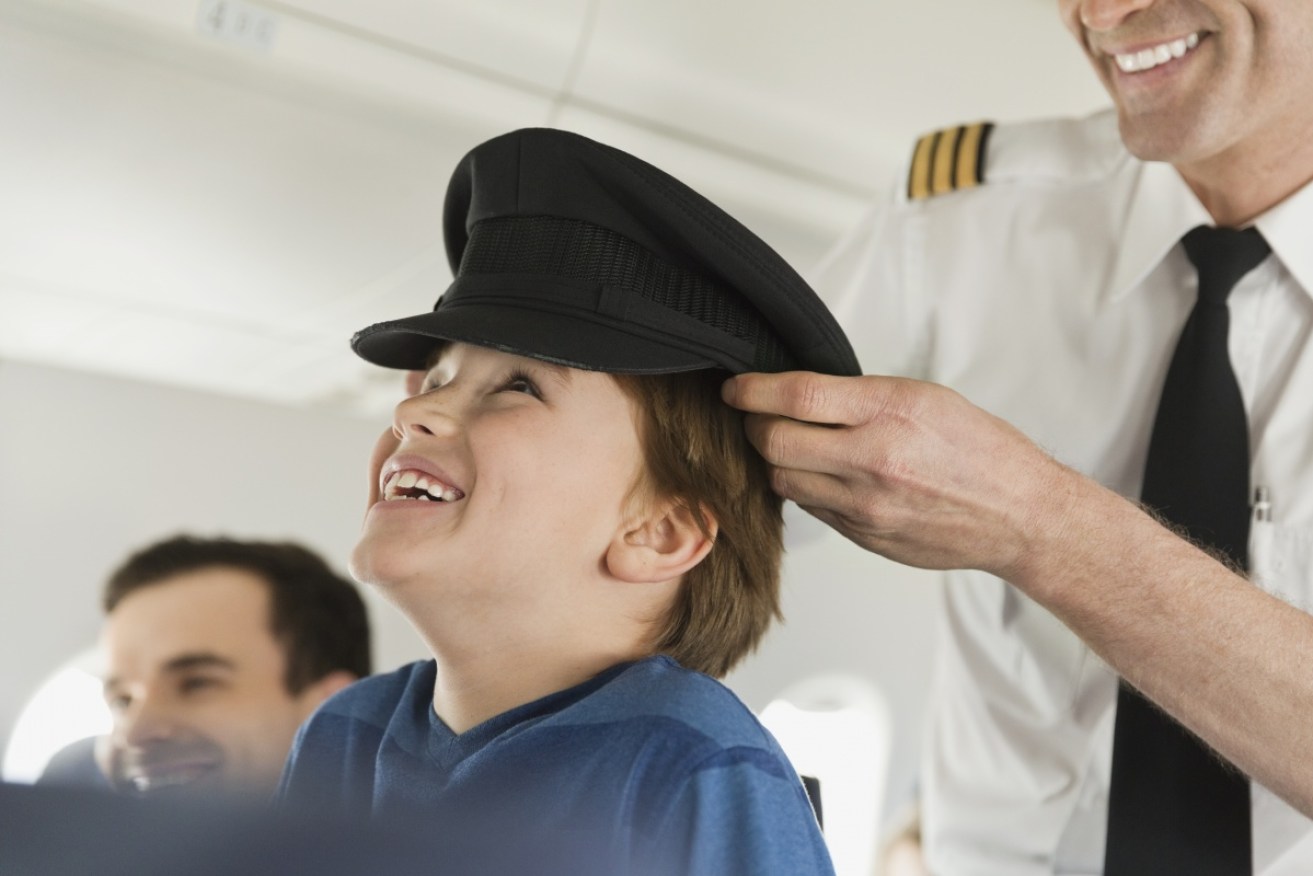Backing Australia’s next Top Guns


The future Mavericks of Australia have a promising future ahead of them. Photo Getty
The future Mavericks of Australia have a promising future ahead of them. Their need for speed is being fuelled by a thriving consumer appetite for air travel while the industry is backed by healthy investments.
Australia’s $14 billion domestic airline industry employs 25,198 people, according to research firm IBISWorld. And the outlook for international aviation is bright, with Chinese tourism playing a big part into the future, Austrade data shows.
But it’s everyday Aussies who make a sizeable contribution to our nation’s aviation industry.
More than five million of them have invested in enhancing airports all over the country through their industry super funds.
Among its massive $209 billion portfolio, Australian Industry SuperFunds owns a stake in airports in Darwin, Alice Springs, Brisbane, Perth, Launceston, Melbourne and Sydney. Overseas, these funds own stakes in the Manchester and Vienna airports.

Australian airports will be upgraded in the next five years
These investments are helping get the next generation of pilots off the ground while supporting Australian jobs and improving the nation’s infrastructure.
And it doesn’t end at ownership. Super funds, through IFM Investors, spend millions on continually improving airports to meet the public’s demand for top-tier service.
At Melbourne Airport nearly $2.5 billion has been invested since 2007 to expand and enhance facilities, with approximately $250 million spent on revamping the airport’s internal road network.
Industry super funds are planning to invest at least $8 billion dollars over the next five years in Australian projects, including the upgrade of airports. These upgrades will create work for more than 16,000 people in the construction industry.
It’s a win-win scenario for super-fund members and those employed by the aviation industry, says Industry Super Australia chief economist Stephen Anthony.
“Airports are incredible strategic assets,” he says.
“It’s about the movement of people and the movement of goods through major cities.
“So they’re vital in terms of trade flows and obviously the flow of people. Airports are also great hubs for business through logistics and retail as well as direct airline activity.”
This content was brought to you by Industry Super Australia. For more information, click the logo below:
